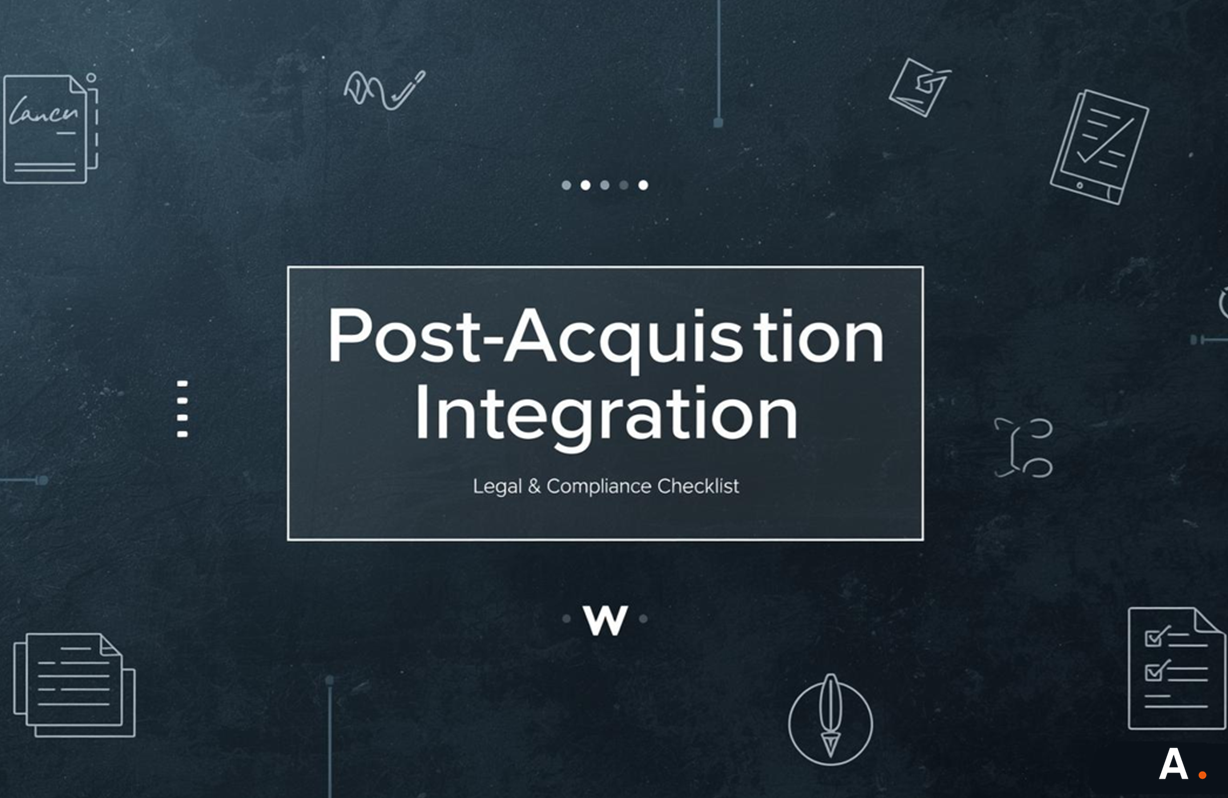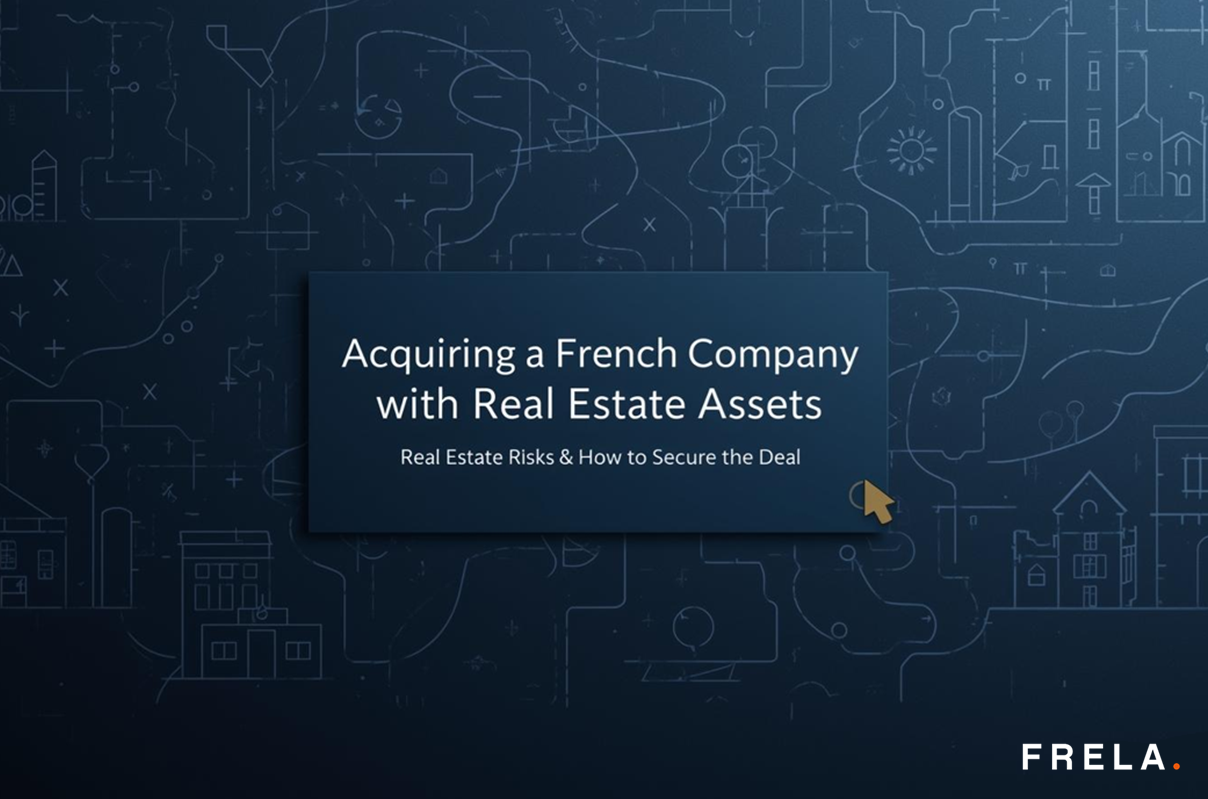Legal Considerations for Industrial Site Purchases in France
When considering the purchase of an industrial site in France, there are numerous legal points that require thorough attention.


Key points to keep in mind :
Due Diligence: Conduct comprehensive due diligence. This process includes checking the ownership, land use rights, encumbrances, environmental status, and any existing or pending litigation related to the site.
Zoning Laws: Understand the relevant zoning laws in the area where the industrial site is located. Zoning laws may restrict the usage of the land or may dictate specific requirements for industrial activities.
Environmental Regulations: French law is stringent about environmental protection. If the industrial site has any potential environmental issues, an environmental audit may be necessary. Buyers should also understand potential liabilities related to site decontamination, waste disposal, and emissions.
“Clef en Main” Industrial Sites: As an alternative to purchasing and developing an industrial site, consider looking at “clef en main” industrial sites. These are ready-to-use sites where infrastructure and administrative procedures have already been dealt with, allowing businesses to start their operations promptly.
Construction and Planning Regulations: Ensure compliance with French construction and planning regulations. These regulations often dictate the size, design, and other physical aspects of any structures on the industrial site.
Contractual Agreements: Carefully review all contractual agreements. The purchase contract should clearly define the terms and conditions of the sale. Additionally, any leases, supply contracts, or service contracts related to the site need careful review and consideration.
In that respect, a recent ruling from France’s highest court provides an important clarification related to industrial premises.
This is particularly relevant to those who lease their facilities and may be considering the purchase of their site. The Cour de Cassation ruled that industrial premises are excluded from the purview of Article L. 145-46-1 of the Commercial Code, which grants a right of first refusal to tenants in the event of the sale of a commercial or craft-use site. The court defined an ‘industrial premises’ as any premises primarily used for activities that directly contribute to the manufacture or transformation of tangible movable goods, where the role of the technical installations, equipment, and tools in use is predominant.
In the case that led to this ruling, a tenant company had signed a commercial lease for premises to be used for general building and public works and the manufacture of aggregates. When the landlord sold the premises to a third party without implementing the tenant’s right of first refusal, the tenant company brought legal action. However, they were unsuccessful in their suit, as the court determined that the premises were mainly used for ‘industrial’ activity, thereby excluding the tenant’s right of first refusal under Article L. 145-46-1.
This decision highlights the importance of understanding the legal definitions that apply to one’s premises and operations. Even if some commercial activity takes place on the premises, the court ruled that an ‘industrial’ categorization can still apply if the primary use aligns with the definition provided.
Tax Implications: Be aware of the tax implications of purchasing an industrial site in France. This includes not only the purchase price but also ongoing property taxes and any potential capital gains tax implications.
Insurance: Understand the insurance requirements for the site. Industrial activities often carry significant risk, and it’s crucial to have the correct types and levels of insurance in place.
Legal Representation: Engage a French lawyer who is experienced in industrial site transactions. They can guide you through the process and help ensure that you are fully informed and protected.
Remember, this list is not exhaustive, and each industrial site purchase will have its own unique set of considerations. For professional advice tailored to your specific situation, please reach out to our team of expert lawyers.
About the Author :
Business lawyers, bilingual, specialized in acquisition law; Benoit Lafourcade is co-founder of Delcade lawyers & solicitors and founder of FRELA; registered as agents in personal and professional real estate transactions. Member of AAMTI (main association of French lawyers and agents).
FRELA : French Real Estate Lawyer Agency, specializing in acquisition law to secure real estate and business transactions in France.
Paris, 19 Rue du Colisee, 75008 Paris
Bordeaux, 24 Rue du manège, 33000 Bordeaux
Lille, 40 Theater Square, 59800 Lille

This article is provided for general information only and may not reflect the most recent legal or tax developments. It does not constitute legal advice. Please contact us for personalised guidance before making any decision.




